Does CBD thin your blood?
Estimated reading time: 14 minutes
Table of Contents:
- Introduction
- Does CBD on its own thin your blood?
- The Fundamentals of Blood Thinners
- CBD Oil and Blood Thinning
- Is CBD Oil an Operation Risk?
- Does CBD Oil Help Lower Blood Pressure?
- Is CBD Oil Harmless?
- What Is the Difference Between Topical and Oral CBD?
- No CBD Prior to having a Tattoo
- Conclusion
- The future of CBD and blood-thinners
Introduction
Given what it can do, it's no surprise that people are concerned about CBD oil‘s potential side effects. Researchers and scientists are constantly expanding their understanding of CBD and other cannabinoids. All in order to determine how and to what extent they relieve pain, help our stress responses, and regulate sleep.
More about CBD and cannabinoids are being discovered all the time. This is why questions about CBD side effects keep popping up. We do know that it can interact with some medications and have disastrous consequences for people who have heart problems.
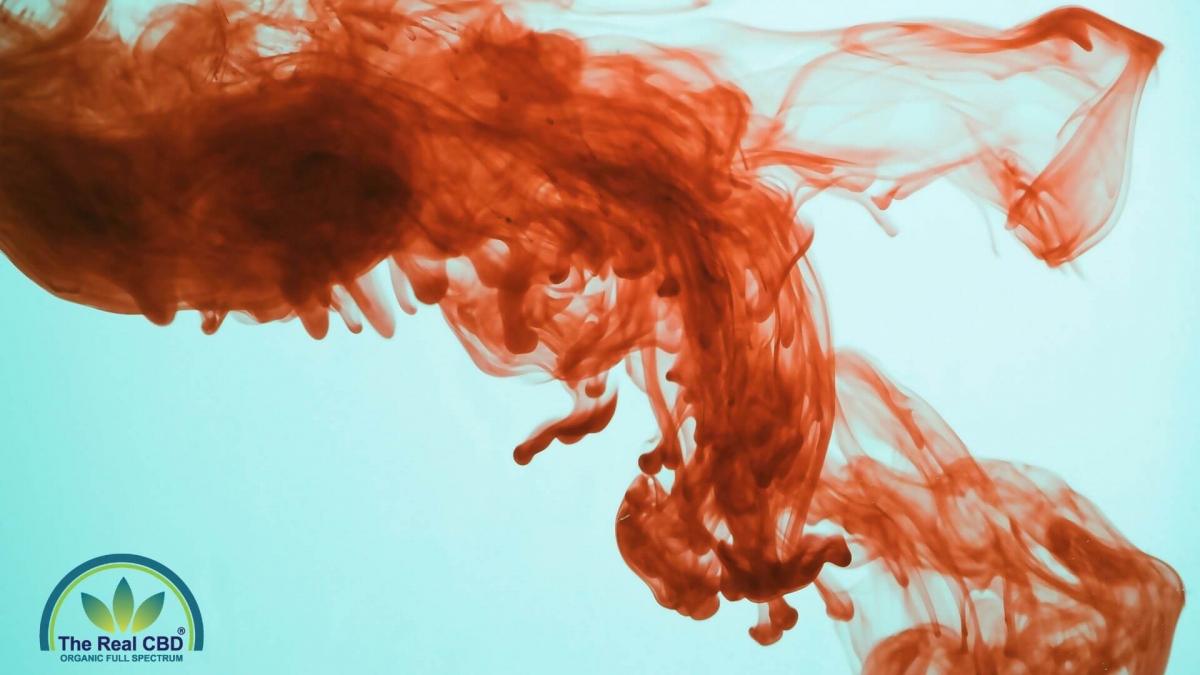
Does CBD on its own thin your blood?
What is the relationship between CBD oil and anticoagulants like warfarin? Should you stop taking CBD before having surgery? This comprehensive guide to CBD oil and blood thinners contains the answers to these questions and more.
One of the side effects of CBD oil is that it can increase the amount of coumadin. This is a medication that is known to thin your blood. Coumadin, also known as Warfarin Sodium, is an anticoagulant, which means it thins the blood and slows the clotting process. As you might expect, there are numerous medical reasons why this might be desired.
CBD has been shown in numerous studies to dilate blood vessels. This is to help the circulatory system. Shown in a test where it was found that CBD in a small amount; had a significant impact on blood pressure in stressful situations.
Another test on an obese rat revealed that the cannabis extract had the desired anticoagulant effect.
Grapefruit Effect
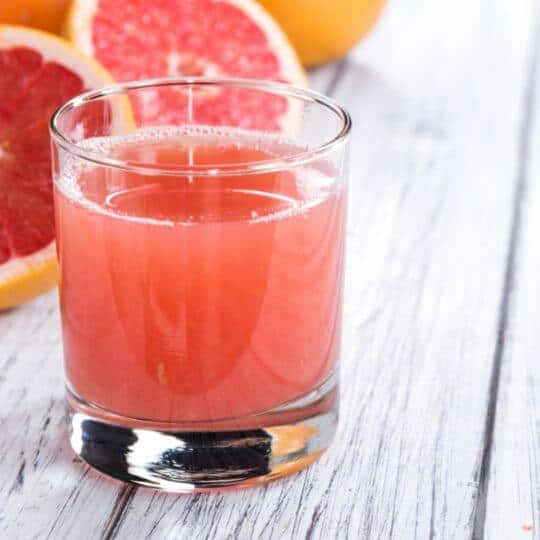
For those who haven't heard of the grapefruit effect let us explain. It is a fact that eating grapefruit while taking a blood thinner medication can interfere with the medication's effectiveness. Grapefruit consumption affects the following medicines:
- Statins,
Calcium channel blockers, for example
- Entocort,
- Cyclosporin
- Cytotoxic medications
It should be noted that this is not a complete list. There are many more, which is why you should consult your doctor.
It has an effect on the medicine by increasing the amount in your blood. This can obviously have side effects or change the way the medication works.
The same effects have been observed when taking CBD oil. Therefore, if you are taking any of these medications, CBD oil may not be recommended.
It is even more critical that the brands be held accountable and deliver the quantities stated on the pack. They are currently registered as food supplements (cosmetics in some countries) rather than medicines. This means the regulations are lesser. So you should read up on third-party lab test results and only choose reputable brands. Anything made in China should be avoided!
The Fundamentals of Blood Thinners
The three types of blood vessels that transport blood around the human body are arteries, veins, and capillaries. Blood travels at an average speed of 3 to 4 miles per hour. This is quite fast considering the average height of an adult male is 176.5 cm or 0.001 miles.
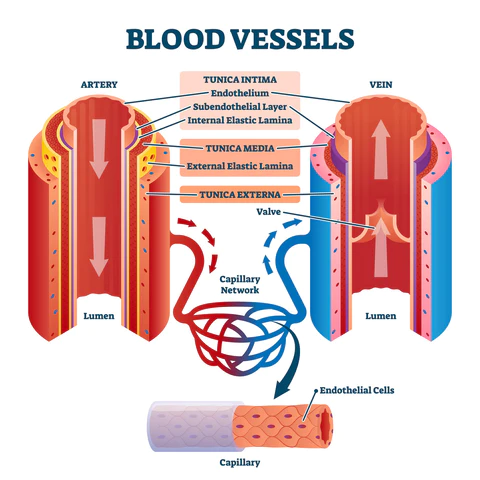
When your body needs to stop blood flow, such as after a cut or injury, it produces platelets. They group together to form blood clots. You've probably heard of clotting problems like Deep Vein Thrombosis and plaque buildup on artery walls. They both can lead to pulmonary embolisms and other serious health problems.
Blood thinners are intended to treat and prevent these problems. Blood thinners do not actually thin or dilute your blood in any way. They work by preventing new blood clots from forming and preventing existing blood clots from growing larger. People who have had a heart attack or a stroke are given blood thinners to prevent further attacks.
How does it work?
The human body must be able to thin blood and form clots in response to changing conditions. Cannabidiol (CBD) “inhibits CYP2C19, increasing levels of the active metabolite of clobazam threefold,” according to one study. The researchers also state that smoking marijuana may have “serious interactions with drugs like warfarin”. It is a common anticoagulant sold under the brand names Coumadin and others.
What this basically means is that CBD may be able to inhibit the inhibitors. Thereby reducing the efficacy of blood thinners like warfarin. But what about those who do not take blood thinners? Should they be concerned about consuming CBD oil?
CBD Oil and Blood Thinning
When CBD oil and blood-thinning medications are combined, both can act as blood thinners. Thinning your blood more than your doctor intended. This would seem to imply that CBD oil has anticoagulant properties on its own.
When cannabis Sativa and the cannabinoids tetrahydrocannabinol (THC) and cannabinol (CBN) were introduced into an animal specimen, they “displayed anticoagulant activity.” CBD was not included in the other two extracts. So, do CBD products work in the same way as the two cannabis plant extractions mentioned in the study?
What does that mean?
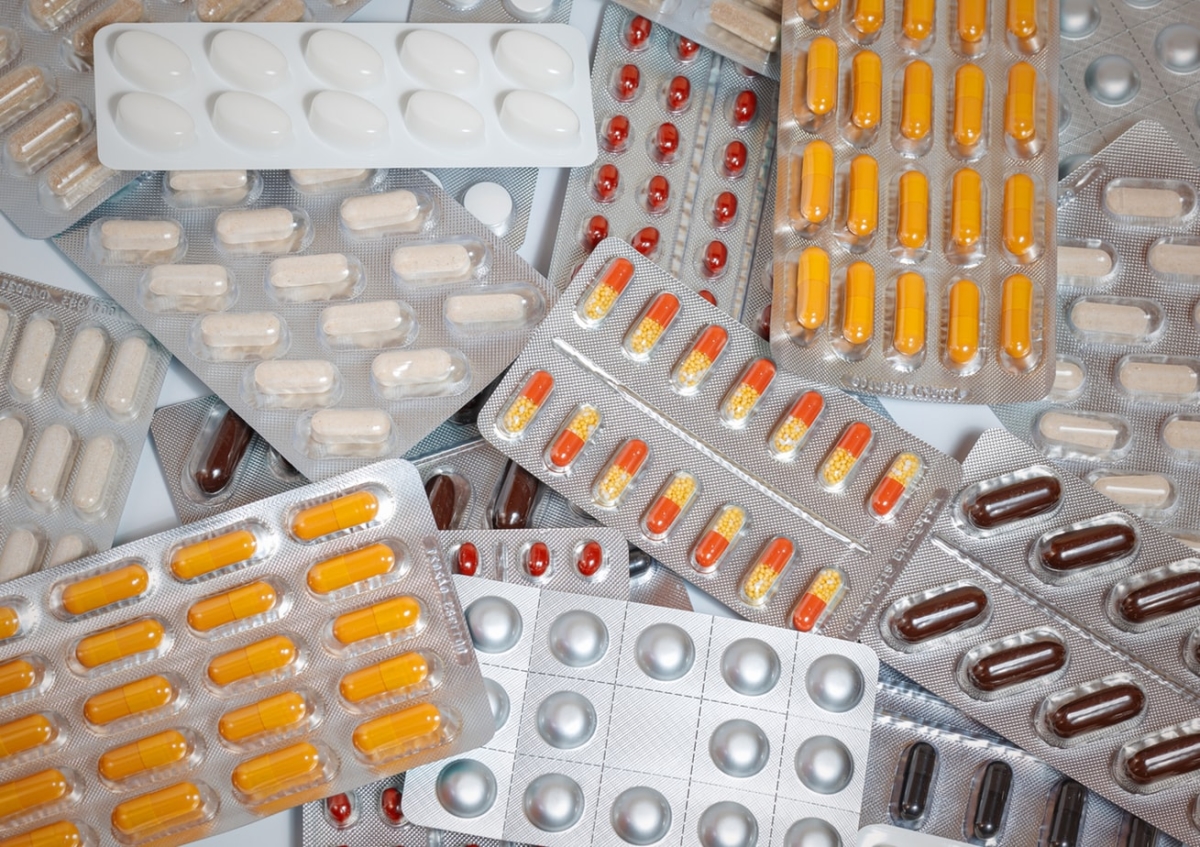
The widely accepted answer is that CBD oil does have an effect on blood thinning. According to Harvard Health Publishing, CBD can “increase the level of blood thinning and other medicines in your blood by competing for the liver enzymes that break down these drugs.”
They do mention grapefruit, which is known to have a similar effect. The National Health Service (NHS) in the United Kingdom advises warfarin patients to avoid grapefruit juice.
If we reverse the logic, this conclusion appears to be reasonable. Anyone concerned about the following:
- A harmful drug interaction,
- Complications with bleeding
- Suffering from cardiovascular disease,
- Having a stroke history, or
- Otherwise concerned about or vulnerable to potential CBD-related complications
should avoid taking them without first consulting with a medical professional.
Trusted Brands Reduce The Risk
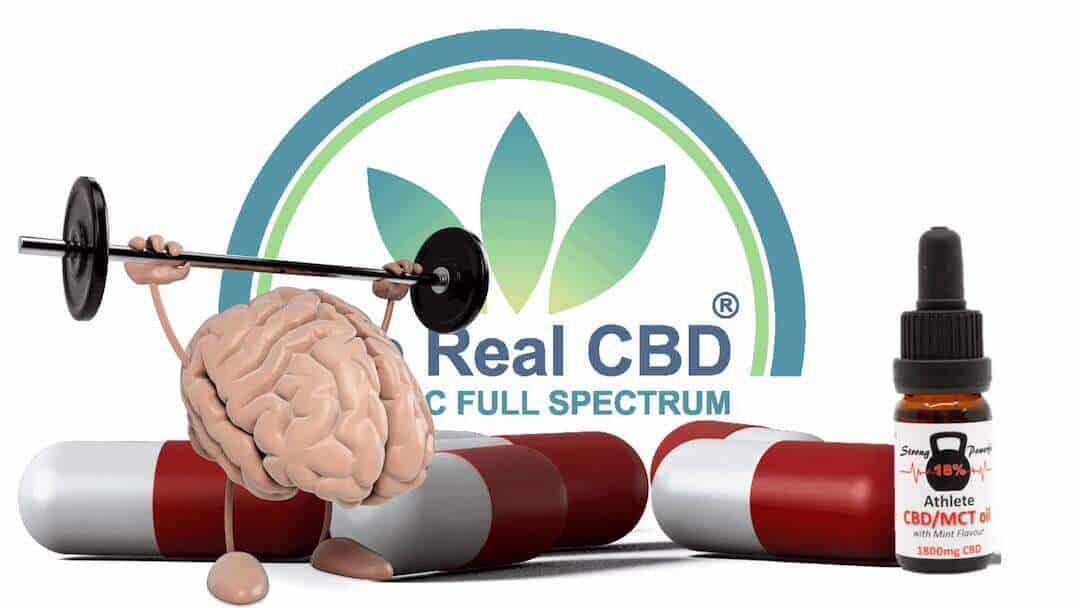
When beginning a CBD oil regimen, seek medical advice from a qualified professional. If you've decided that CBD is a viable treatment option; you must find a provider who doesn't include harmful additives in their products.
Using edibles, full-spectrum CBD, terpenes, cannabis extract, topicals, hemp oil, or a tincture, make sure the active ingredients are listed.
Here is worst-case scenario. Authorities issued a warning in 2018. Some synthetic cannabinoid products were found to be laced with brodifacoum, an anticoagulant commonly found in rat poison.
These were described as being sold at gas stations and convenience stores. It's safe to assume they weren't sourced from the most reputable sources. Make sure you do your homework and understand exactly what you're taking. Before you begin to use CBD oil or any similar product.
Is CBD Oil an Operation Risk?
Some doctors advise patients to stop using CBD oil 48 hours or more before a scheduled procedure. Others believe it poses no danger. Trained medical professionals understand what to look for in individuals to make an informed decision about what is best. It may be reassuring to know that a history of CBD consumption will not prevent doctors from providing patients with the care they require.
Study:
A case study from 2017 describes a 44-year-old Caucasian male who began having seizures when he was 27. The seizures occurred after a stroke and cardiac surgery. The mechanical valve implanted during the cardiac surgery, as well as the nature of his seizures, rendered the 44-year-old ineligible for surgery, so his doctors referred him to the University of Alabama's CBD program.
He was taking warfarin, as well as a few other medications, to keep his International Normalized Ratio (INR) within normal limits. The patient's primary care physician gradually reduced his warfarin dose in tandem with the increase in CBD administered, according to the case study. The case study's final recommendation is to use INR monitoring when CBD treatment is combined with prescription drugs such as warfarin or heparin.
Conclusion
This is an excellent example of a seemingly common method of mitigating the potential risk of CBD's antiplatelet effects. At the end of the case study, the 44-year-old was taking a dose of warfarin that was approximately 30% lower than when he began and was still receiving CBD.
Research into CBD's effects on blood thinning is still in its early stages. And it's clear that medical professionals are cautious. It is best to follow a medical professional's advice. Just to make certain that you're consuming CBD as safely as possible.
Does CBD Oil Help Lower Blood Pressure?
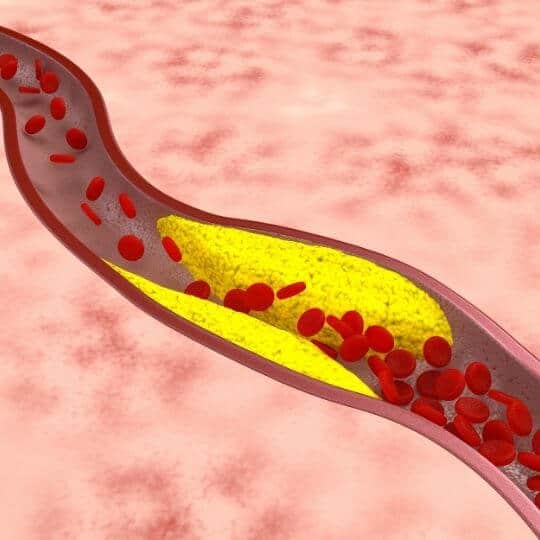
On this subject, the studies are fairly consistent. According to one study from 2017, “acute administration of CBD reduces resting blood pressure and the blood pressure increase to stress in humans, associated with an increased heart rate,” which basically means that the 9 participants in the study experienced a drop in their resting blood pressure after a single dose of cannabidiol.
What does this imply?
Can a CBD oil regimen help people with high blood pressure reduce their blood pressure over time? This is where the research becomes less promising. According to one 2020 study, CBD “has not affected blood pressure in hypertensive animals.” According to the same study, the majority of hypotensive episodes (low blood pressure) occurred primarily during stressful situations.
Other studies appear to show some positive effects on blood pressure when participants take CBD during stressful situations. The evidence does not support or is insufficiently conclusive; to support the notion that CBD is a viable treatment option for high blood pressure. You might believe that thinner blood equals lower blood pressure, but the two concepts are unrelated.
Blood pressure is produced by the beating of your heart, whereas clotting is used to stop internal and external bleeding. Introducing platelets into the bloodstream has no effect on blood pressure. Blood pressure does not change even when platelets completely block the bloodstream, as they do in thrombosis.
However, that sudden drop in blood pressure could cause problems in some people. Consuming CBD oil may not be a good idea if you have problems with your blood pressure being too low in general.
Is CBD Oil Harmless?
So, if CBD oil can potentially interact with prescription medications, causing blood to thin and blood pressure to drop after consumption, is it safe to consume? Only your doctor can tell you whether this is a good treatment option for you. Many people have used it to treat epilepsy, anxiety, narcolepsy, and insomnia.
Many people use CBD oil without incident. It is not psychoactive, and there is no evidence that it is addictive. Taking CBD oil from a reputable source where you can see all of the active ingredients and none of them are harmful should not be a problem for the vast majority of people.
Some doctors believe CBD oil is a safe alternative to opioids and other prescription medications for anxiety and sleep disorders. It is generally safe. However, you should still consult a doctor or another healthcare provider to determine whether or not CBD oil is appropriate for you.
Is CBD oil more likely to thin your blood than other cannabinoids?
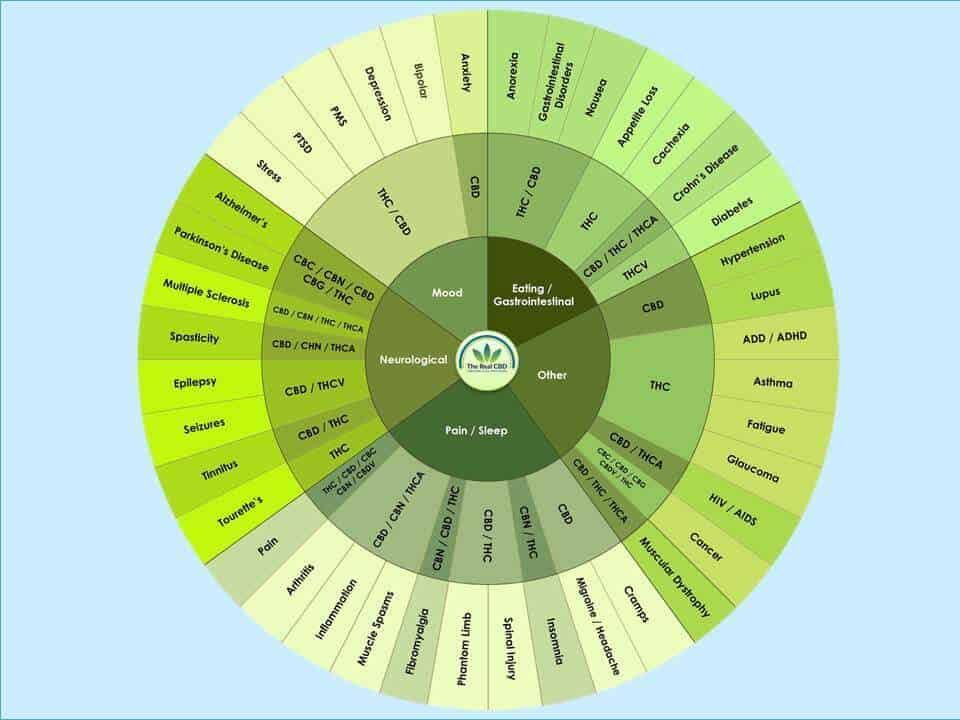
CBD oil, as a component of the whole plant, has anticoagulant properties. If you are taking heart medication, it is best to avoid hemp-based edible or consumable products. If you are unable to reach a doctor to determine whether CBD oil, edibles, topicals, or even THC products are safe for you to use.
There hasn't been a lot of research done on whether CBD oil has a better blood-thinning ability than other hemp extracts. To be on the safe side, don't assume that one product will have less of a blood-thinning effect than another. Unless a doctor has told you otherwise.
Evidence that CBD oil interact poorly with blood thinners and may cause your body's clotting ability to fall below what it should be. Anecdotal information on the internet suggests that some doctors do not believe it is a significant risk.
Still, an in-person doctor would be the most knowledgeable about your health condition. Also the types of factors that will influence it. If you're on blood thinners or at risk of a stroke or heart attack, consult a doctor before beginning to use CBD oil. There's a chance they'll say it's fine, but if they don't, you should do as they say.
More from our blogs:
What Is the Difference Between Topical and Oral CBD?
When taken topically (on the skin, such as a cream or balm), it does not thin your blood. This means you could have all of the benefits of a CBD cream without worrying. Worrying about what it might do if you were on medication. However, people who take CBD oil sublingually are usually looking for very different treatment than those who use a cream.
No CBD Prior to having a Tattoo

Normally you are told not to take pain relievers or drink alcohol before getting a tattoo. Because the blood thins and makes the artist's job much more difficult, the same has been observed with CBD oil. Obviously, this is a disappointment for you if you hoped to take it to calm their nerves before having your tattoo.
Nonetheless, if you are having any work done or an operation, you should think about this. It may help to calm your nerves, but the doctor will need to know about it before. Most likely advise you not to take any in the days leading up to this. So consult with a medical professional first.
Conclusion
CBD oil has many beneficial effects on users' stress levels and has allowed them to sleep more soundly at night. CBD oil has been prescribed by doctors for epilepsy, narcolepsy, and generalized anxiety disorder. It can be used to relax without producing psychoactive effects.
However, it has been discovered that hemp-derived compounds interact poorly with blood thinners. Anything derived from the hemp plant could cause issues for people who take these types of prescription medications.
The risk of combining CBD oil with blood thinners is that your blood will become “too thin”. Eventhough they both perform the same function in terms of platelets. As a result, you'd be taking too much of what you need to stay healthy. This can be just as bad as not staying healthy at all.
The future of CBD and blood-thinners

Nonetheless, the way doctors have balanced CBD administration with gradually decreasing amounts of blood-thinning medication provides some hope. Think that one day, medical professionals will know exactly how to organize CBD regimens for people who have had strokes or heart attacks. Make certain that they can take CBD safely.
For the time being, CBD users should consult with their doctors to ensure that it is safe for them to begin or continue using the product. Even if you believe you are low-risk, it is worthwhile to inquire. The more prepared and informed you are before beginning your CBD regimen, the better it will be for you in the long run.
If you're new to CBD and have a lot of questions, feel free to download our FREE E-Book, which will answer the majority of them. If you are still unsure or have unanswered questions, please contact one of our consultants at [email protected].

I am a certified expert in Medicinal Cannabis. We are all about giving correct and trustworthy information. We know how important it is to learn about CBD and cannabis, which is why we want to be your go-to source for trustworthy information. We help you improve your health by using our knowledge and experience as a starting point.

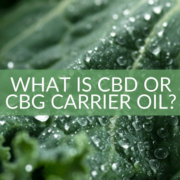



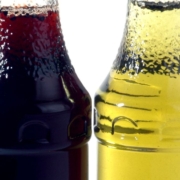







Leave a Reply
Want to join the discussion?Feel free to contribute!